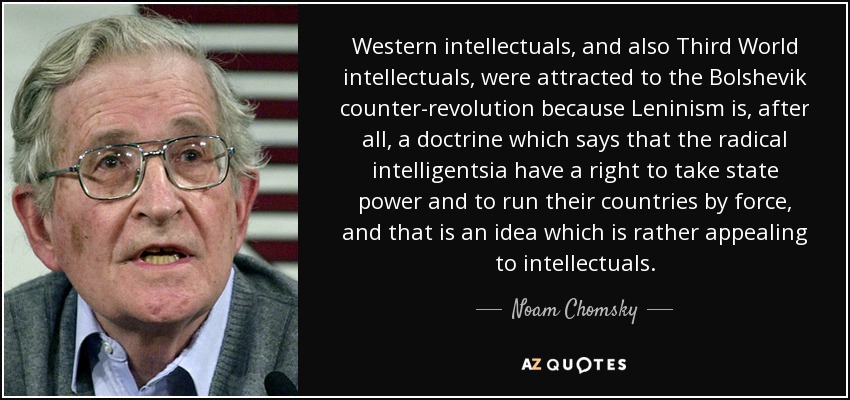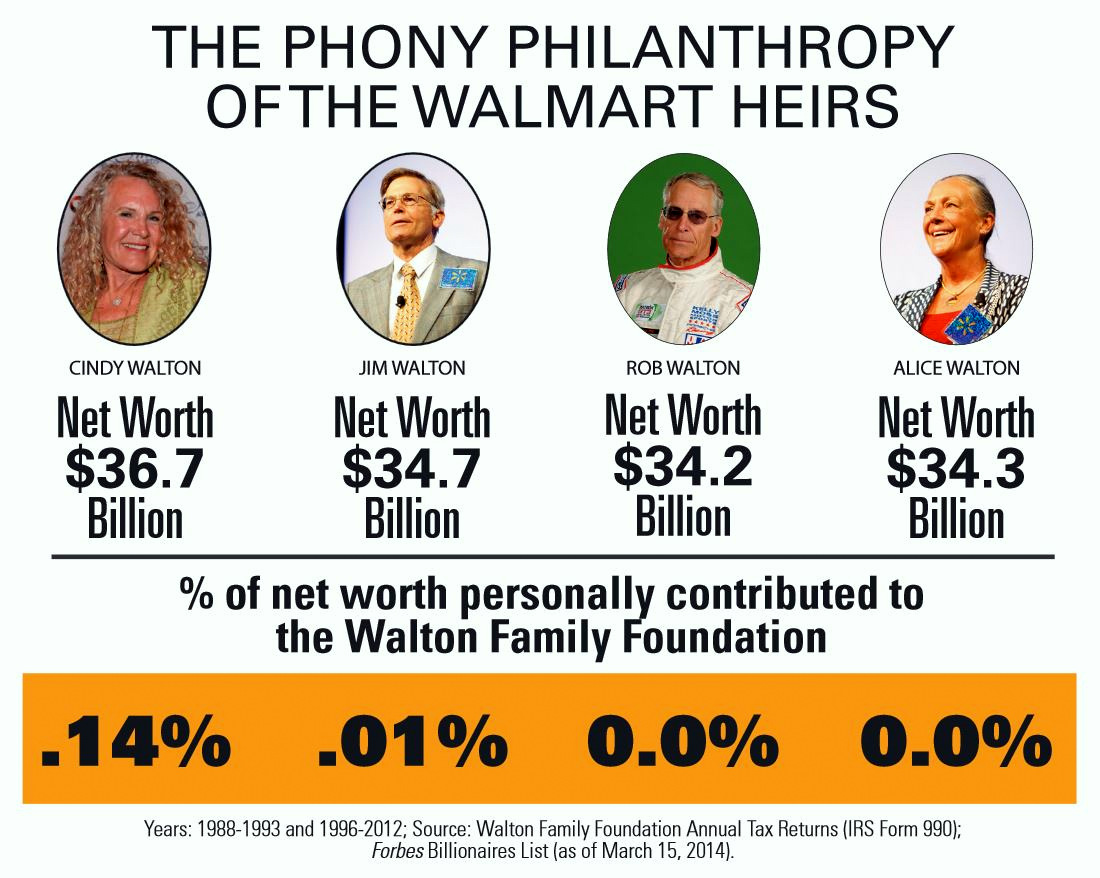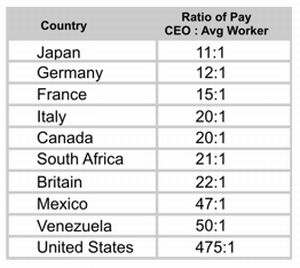georgephillip
Diamond Member
- Dec 27, 2009
- 43,770
- 5,202
- Thread starter
- #461
/——/ Start a corporation and spend the money as you see fit, otherwise it’s none of your fu*king business.Who does most of the work?
The Divine Right of Capital by Marjorie Kelly: A Summary
"Chapter 2: Lords of the Earth
"The Principle of Privilege:
Stockholders claim wealth they do little to create, much as nobles claimed privilege they did not earn.
"'If equality under the law is the hallmark of democracy, privilege sanctioned by law is the hallmark of aristocracy.'
"Just as feudal lords extracted wealth from serfs on their lands, today’s aristocracy does the same with corporations. Privilege – the right of the aristocracy – is 'a right to income detached from productivity.'"
Employees can buy stock then just like everyone else. Then they can work and they can claim wealth they do little to create .... both. See how that works?
If they are able, some of them might start their own company and get to do things their way.What kind of stock? The version that comes with voting rights? Only one percent of the total value of equity on Wall Street is actually investment, i.e., new money going into firms. The remaining 99% is pure speculation. It's like buying a new car where the money goes to the car maker as opposed to buying a used car where the money goes to its previous owner.Employees can buy stock then just like everyone else. Then they can work and they can claim wealth they do little to create .... both. See how that works?
The Divine Right of Capital by Marjorie Kelly: A Summary
Again, you act like this is bad somehow. I had a friend that put a large down payment on a car, with the Walmart stock she purchased through the employee purchase program.
This entire discussion is absolutely stupid.
1. Non-voting stocks still have legal rights. You might not be able to vote on say who is on the board of directors, but most non-voting stock still can vote on things like whether the company can issue new shares. Things that directly affect the value of the stock, stock holders still have a vote on.
2. Non-voting stock still have legal rights to assets of the company. If the company were to sell off, non-voting stock still have a legal right to the companies assets. That has value.
3. Even with non-voting stock, they still have legal rights that can be used to petition the court to force a vote, if they have grounds the company is not being fair to common stock holders.
But here's the real bottom line... Non-voting stock is rare.
If *YOU* do not like non-voting stock, or stocks without dividends..... THEN DO NOT BUY THEM.
Why do people like you, think somehow you know what other people should, and should not do with their own money? Mind your own business.People like my don't believe corporations deserve legal personhood without being subject to the same moral standards as human beings.Why do people like you, think somehow you know what other people should, and should not do with their own money? Mind your own business
People like you are for sale to the highest bidder:
Accountable Capitalism Act - Wikipedia
"Also, 'In the early 1980s, America's biggest companies dedicated less than half of their profits to shareholders and reinvested the rest in the company. But over the last decade, big American companies have dedicated 93% of earnings to shareholders - redirecting trillions of dollars that could have gone to workers or long-term investments. The result is that booming corporate profits and rising worker productivity have not led to rising wages.'"
That would work IF corporations had no affect on my life which, as any sentient person knows, is far from the truth:Start a corporation and spend the money as you see fit, otherwise it’s none of your fu*king business.
Accountable Capitalism Act - Wikipedia
"The Accountable Capitalism Act was endorsed on August 15, 2018 by a group of 14 academic lawyers and economists, including Robert C. Hockett and William Lazonick.[6]
"In media coverage following Elizabeth Warren's Wall St Journal op-ed,[7] the Bill was described as 'a plan to save capitalism'[4] and a 'bold new plan to reshape American capitalism'.[8]
"In response to similar proposals in the Reward Work Act in April 2018, a Civis poll found people in the 'lean Democrat' category voted 75% in favor of placing employees on boards of directors, and just 9% opposed.
"Around 43% of the 'lean Republican' category supported the concept, while 31% opposed, and the pure Republican category saw 4% more opposed than in favor.[9]"


